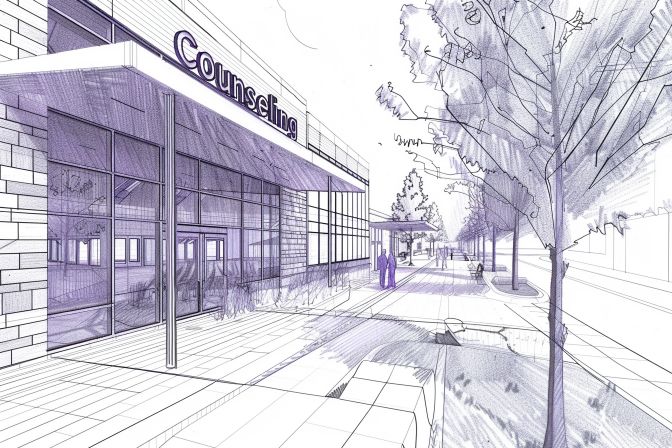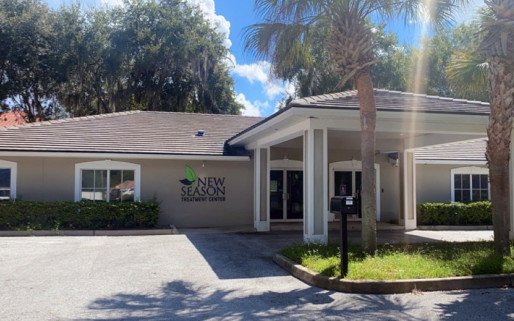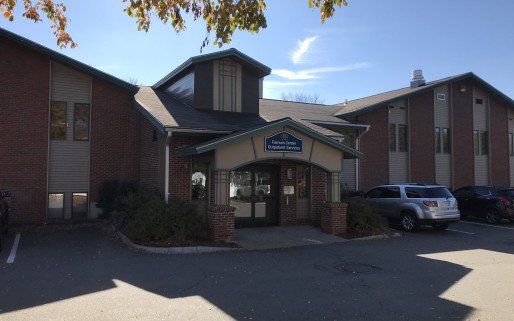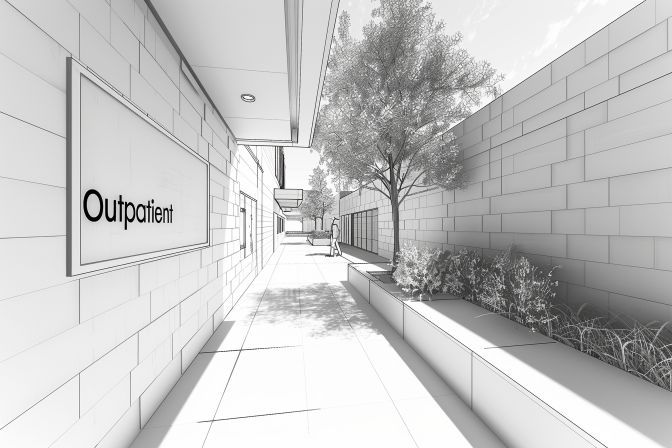Drug abuse statistics in New Hampshire
New Hampshire has a population of 1,388,992 people. The most recent data from the 2021 National Survey on Drug Use and Health (NSDUH) found that 219,000 people over the age of 12 had abused illegal substances in the past month, around 15.77% of the population. 190,000 reported marijuana use in the past month and 270,000 in the past year. The report also found that 30,000 New Hampshire residents had abused cocaine in the past year, 16,000 had abused meth, and 51,000 had abused prescription pain medication. 15,000 people over the age of 18 reported using heroin in the last year. Those reporting opioid misuse including heroin, painkillers, and fentanyl in New Hampshire totaled 52,000 people.
Alcohol abuse in New Hampshire
Alcohol misuse was also reported in New Hampshire with 766,000 people over the age of 12 saying they had used alcohol in the last month and 318,000 reporting binge drinking. The perceived risk of people over 12 years of age indulging in problematic alcohol use (5 or more drinks twice a week) in a month was 512,000 people.
Drug overdose deaths in New Hampshire
In 2021, New Hampshire saw a total of 414 recorded drug-related overdose deaths. This includes those that were accidental or unidentifiable but excludes those that were related to suicide or homicide. This puts the overdose death toll in New Hampshire at 29.8 people per 100,000. The total number of alcohol related deaths (including overdose and all other causes) was 264 or 19 per 100,000 people.
Addiction treatment statistics in New Hampshire
The NSDUH report also recorded the total amount of substance abuse disorders in New Hampshire and those who currently require treatment. The report found that 232,000 were recorded as having a substance use disorder (SUD) and 177,000 had an alcohol use disorder. 25,000 people were recorded as having an opioid use disorder including those with painkiller, heroin, and other opioid-based drug use disorders. There are also many who have been diagnosed with or reported a substance, illicit drug, or alcohol use disorder that require rehab treatment and are not receiving it. The report found that 84 people in New Hampshire needed treatment for illicit substance abuse, 163,000 required treatment for an alcohol use disorder, and 222,000 needed treatment for a diagnosed substance use disorder.
How do I pay for rehab in New Hampshire?
For drug and alcohol addiction treatment to be successful, you might have to endure rehab for more than a couple of weeks. And this means more money to pay for the treatment services.
Most rehab centers in New Hampshire accept self-funding, which includes either paying in cash or credit cards.
It’s better if you are insured because many rehab facilities in New Hampshire accept private and public health insurance plans. If you have Medicaid, it can cover some of the rehab costs.
If you’ve exhausted all your options, you can reach out to friends and family to help cover part of the payment. Platforms like GoFundMe are also great if you urgently need to raise money for addiction recovery.
Government assistance for addiction treatment in New Hampshire
Addiction struggle is a daily reality for many people living in New Hampshire.
The Doorway program, a new program by the New Hampshire government, is changing how people deal with substance use disorders in the area. It provides a complete assessment, coordinated referral for treatment, and other services to anyone dealing with an addiction in the state.
The Doorway program Offers various resources like the NH alcohol and drug treatment locator, medication safety tips, and information useful to individuals battling drug abuse and their families.
You can reach the Doorway program at 2-1-1 to access some of their trusted community hospitals.












